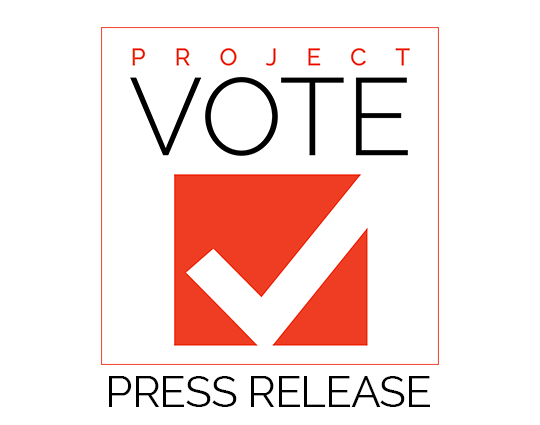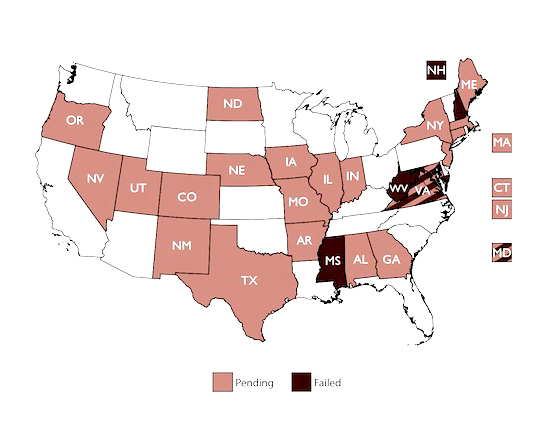Carding Democracy
In recent years, more and more states—fueled by exaggerated fears of fraudulent voting—have enacted laws requiring that a voter present photographic identification at the polls.
Although details of the laws vary, they all deter otherwise-eligible voters from going to the polls. Those hit hardest are the same groups traditionally marginalized in our election process: African Americans, Spanish speakers, low-income individuals, disabled voters, and youth.
The stated rationale for the measures—preventing voter fraud—is baseless. Photo ID laws prevent only one kind of voter fraud: impersonation at the polling place, in which an individual poses as a particular eligible voter and votes as that person. This sort of voter fraud is extremely rare.
The impact of this “solution” to the phantom problem of voter impersonation is not trifling; millions of dollars must be devoted to implementation, free IDs, and voter education. While photo ID exacts a steep financial cost, disenfranchising our most vulnerable citizens takes an incalculable toll on democracy.
Most Recent / Relevant Items
- (207)
- (143)
- (11)
- (32)
- (22)
Advanced Filters and Sorting
Project Vote Statement on North Carolina Ruling
Project Vote's president, Michael Slater, issues a statement on the striking down of North Carolina's infamous voter suppression law. Read more
Both Lawmakers and Citizens Push for Voting Reforms Before 2016 Election

In 2015, nonpartisan voting rights group Project Vote monitored 315 bills, introduced by state and federal lawmakers, that could change the way people vote in 2016 and beyond. Read more
Voting Rights Proposals Could Affect 2016 Elections

Since January, lawmakers on the state and federal levels have introduced over 180 bills that would change state and federal voting laws. Read more
What Kind of Year Has It Been for Election Laws?
With Americans heading to the polls in just four weeks, a new report from voting rights group Project Vote shows that many beneficial election reforms were proposed in 2014, but few voters will find it easier to cast a ballot on November 4. Read more
In Election Legislation, Many Proposals but Few Solutions
Today, Project Vote released a new report analyzing the legislative landscape in 2014, and assessing the ground gained and lost so far in the war over voting rights. Read more
Project Vote Applauds Introduction of Bi-Partisan Bill to Restore the Protections of the Voting Rights Act
Today, Congressmen James Sensenbrenner (R-WI) and John Conyers (D-MI), and Senate Judiciary Chairman Patrick Leahy (D-VT), introduced a bipartisan update to the Voting Rights Act. Read more
Voting Rights Act Ruling a Setback for Our Great Democracy
Today’s ruling is a significant setback for voting rights in our great democracy. The Voting Rights Act remains one of the most important achievements of the civil rights movement, and for almost 50 years has been a vital tool to protect real voters from losing their right to cast a ballot. Read more
Legislative Battles Over Voting Rights Continue in 2013
In a report released today, voting rights organization Project Vote analyzes all of the voting related bills introduced, passed, or rejected across the country in the first quarter of 2013, and finds that the recent trend towards disenfranchisement continues. Read more
Fight Over Election Laws Continues in States and U.S. Congress
Continuing a trend that began after the surge of participation seen in the 2008 presidential election, partisan lawmakers have continued to push legislation that could have a negative impact on voter participation, particularly among low-income Americans and people of color. Read more
It is Harder to Vote in America than it was in 2008
Voting has become more difficult in the last four years, says a new report from the nonprofit voting rights organization Project Vote. Read more
